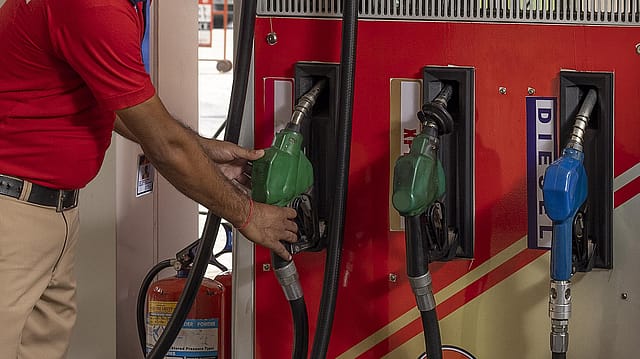Russia-Ukraine crisis: India to be worst hit in Asia, says Nomura
ADVERTISEMENT

India will be among the worst hit countries in Asia if the ongoing Russia-Ukraine conflict leads to sustained increase in oil and food prices, says Japanese research firm Nomura.
The latest Asia Insights report of Nomura says the adverse impact will be manifested through higher inflation, weaker current account and fiscal balances, and a squeeze on economic growth. India, Thailand and the Philippines could be the biggest losers, it says.
"India would be adversely impacted by rising oil prices, given its status as a net oil importer. Rising crude oil prices are a negative terms-of-trade shock for consumers and businesses, and we estimate every 10% increase in oil prices would shave off ~0.20 pp (percentage points) from GDP growth. This could add to growth uncertainties, as India navigates an uneven recovery , and counters near-term tailwinds like higher public capex, services normalisation and easy financial conditions, adding downside risks to our GDP growth projection of 7.8% y-o-y in FY23 from 8.7% in FY22," the report says.
Prepared by Sonal Varma and Aurodeep Nandi, the report says that a 10% rise in crude oil prices typically widens the current account by 0.3% of GDP and, and their projection for India's current account deficit at 2.6% of GDP for FY23 is susceptible to widen further. "A 10% rise in crude oil prices typically leads to a 0.3-0.4pp rise in headline inflation, which would follow pending price adjustments, given that pump prices of petrol, diesel and LPG have been frozen since November due to the state election," the report says. The analysts expect petrol prices to rise by ~10% and LPG prices by much more in coming months.
On inflation front too, Nomura analysts have an elevated outlook for CPI inflation in FY23 at 5.8%, which is much higher than the RBI's projection of 4.5%. "Food prices in India do not always move in sync with global food prices, but global prices can influence the prices of tradeable commodities like vegetable oils, sugar and rice. Also, rising farming costs (fertiliser/pesticide, diesel, farm equipment) are also a source of upward pressure through higher minimum support price settings this year," the report notes.